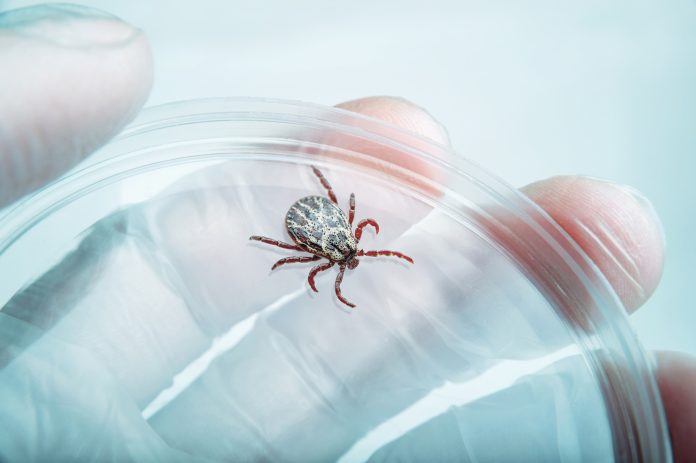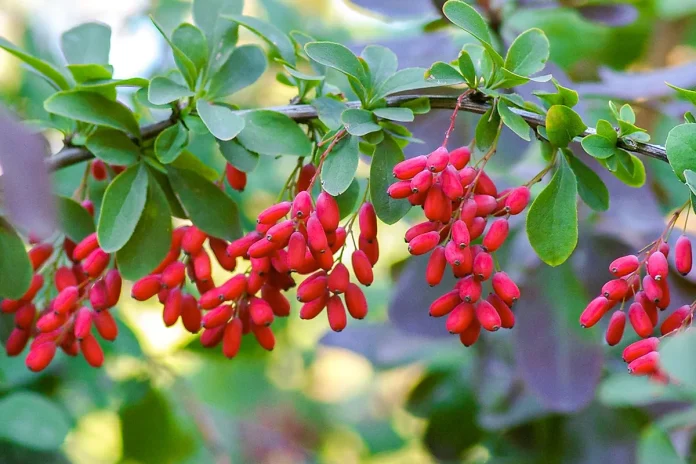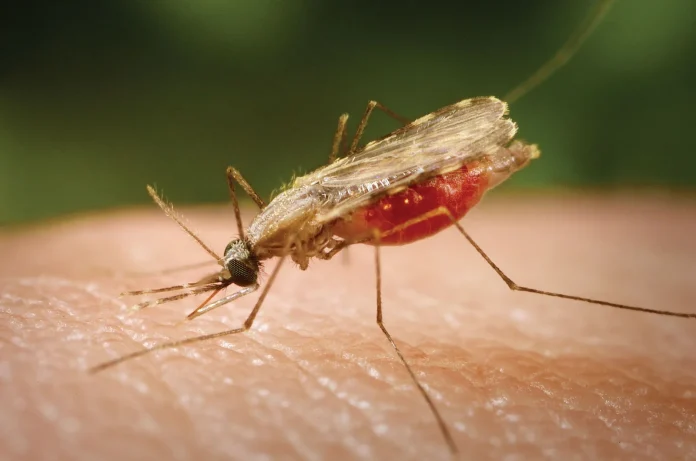Did you know that natural health remedies, such as herbal medicine, can play a significant role in supporting patients with Lyme disease? Lyme disease, caused by the bacterium Borrelia burgdorferi, poses a significant challenge to natural health interventions due to its prevalence as the most common vector-borne disease in the United States. Once confined to wooded areas like the Northeastern United States and the upper Midwest, Lyme has now spread to every state except Hawaii, underlining the importance of natural health approaches in its management and treatment.
Transmitted through tick bites, Lyme manifests with symptoms ranging from the hallmark erythema migrans rash to flu-like symptoms, joint pain, fever, fatigue, and swollen lymph nodes, necessitating a comprehensive approach to natural health practices in addressing this complex condition. Left untreated, Lyme can disseminate to other body parts, leading to neurological, cardiac, and rheumatic complications, further emphasizing the critical role of holistic natural health strategies in mitigating the impact of this disease.
Whether managing early or chronic Lyme, exploring natural health modalities like naturopathic medicine and herbal remedies may offer valuable adjunctive support alongside conventional medical treatments. While antibiotic therapy remains the primary treatment modality, natural health interventions can contribute to symptom relief, support immune function, facilitate cellular repair, promote restful sleep, aid detoxification, and mitigate inflammation, thereby enhancing overall natural health outcomes.
Several herbal remedies have shown promise in laboratory studies for their potential efficacy against Lyme disease bacteria, underscoring the potential of natural health approaches to complement conventional medical therapies. Notable examples include Cryptolepis sanguinolenta, Black walnut, Sweet wormwood, Cat’s claw, Japanese knotwood, Chinese skullcap, and Cistus incanus. However, it’s essential to exercise caution, as natural health treatments may not be universally effective or safe for everyone, necessitating careful consideration and consultation with healthcare providers.
Research, including studies conducted at the Johns Hopkins Bloomberg School of Public Health, has shed light on the antimicrobial properties of certain herbal medicines and essential oils against Borrelia burgdorferi, providing valuable insights into the potential of natural health interventions in Lyme disease management. Despite promising findings, further research is warranted to ascertain the clinical efficacy of herbal remedies in natural health practices.
Consulting with a Lyme Literate Medical Doctor (LLMD) is essential before incorporating herbal supplements into treatment plans, as they can provide personalized guidance on natural health strategies tailored to individual needs. LLMDs can offer recommendations on selecting reputable brands, ensuring minimal ingredients, choosing appropriate forms (such as tea, capsules, or tinctures), and addressing potential side effects and interactions with other treatments, thereby optimizing natural health outcomes.
While natural health interventions may offer complementary support, they should always be integrated into Lyme disease treatment under the supervision of a healthcare provider. Treatment approaches vary depending on the infection stage, symptom severity, presence of co-infections, and individual clinical factors, highlighting the importance of a personalized natural health approach in optimizing treatment outcomes.
In addition to medical treatment, prioritizing a healthy lifestyle is paramount in Lyme disease management, further underscoring the significance of natural health practices. This entails engaging in light exercise, maintaining a nutritious diet, ensuring adequate sleep hygiene, and supplementing with probiotics to restore gut health disrupted by antibiotics, thereby fostering natural health and resilience in combating Lyme disease.
Exploring adjunct therapies like integrative manual therapy, neurofeedback, physical therapy, and talk therapy can further complement Lyme treatment under medical guidance, contributing to holistic natural health outcomes. By embracing a comprehensive natural health approach, patients can empower themselves in their journey towards recovery from Lyme disease, enhancing overall well-being and quality of life through natural health practices.



















